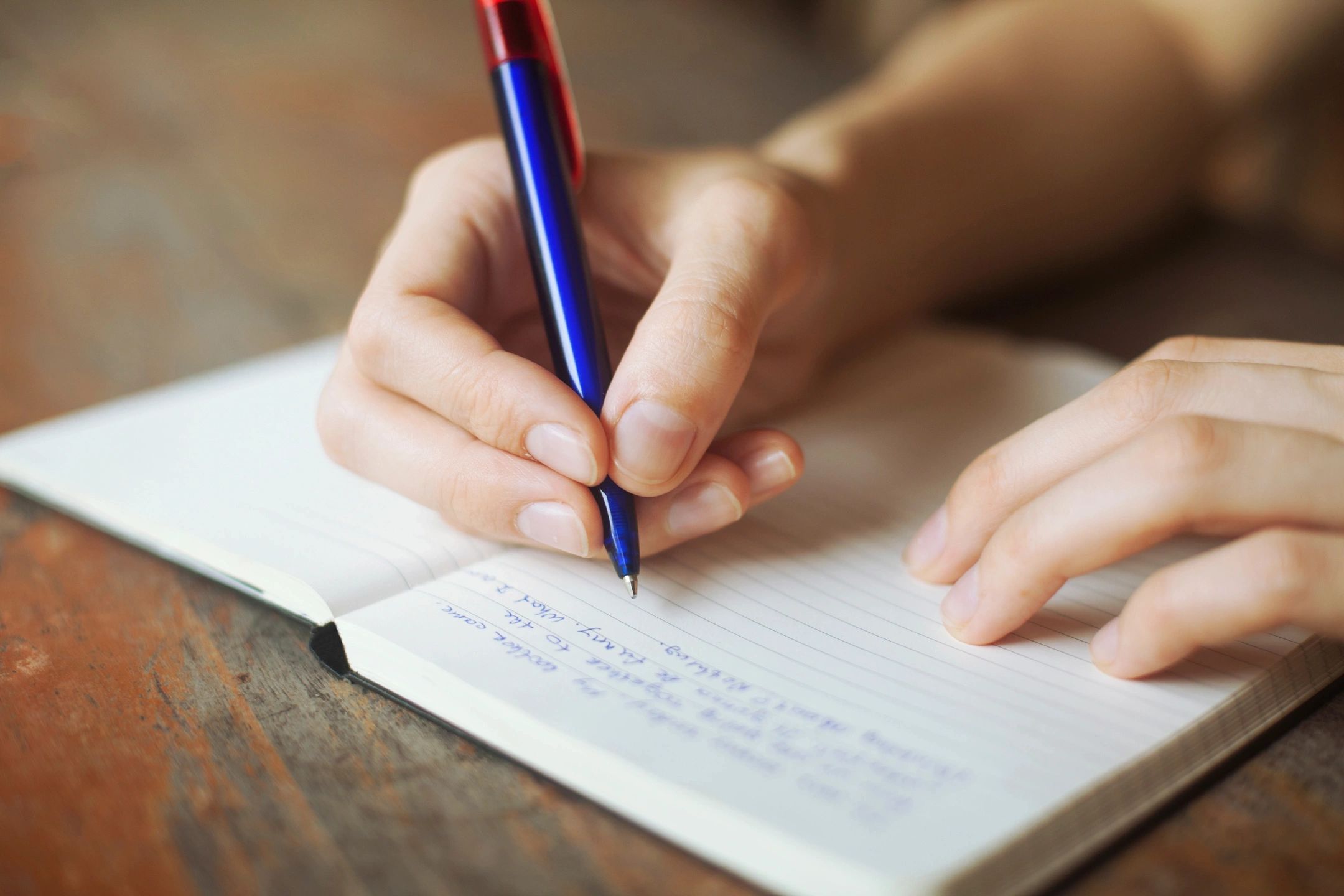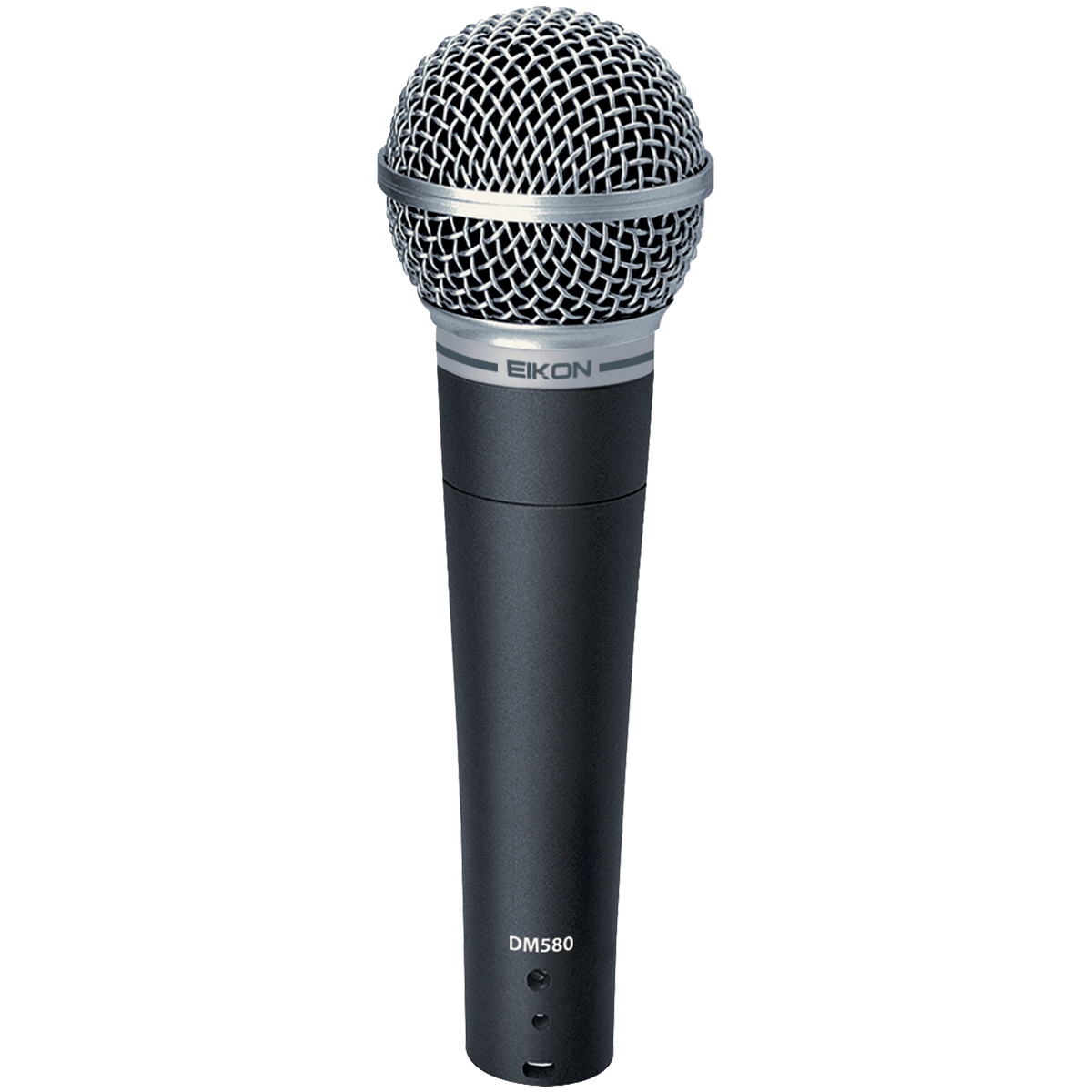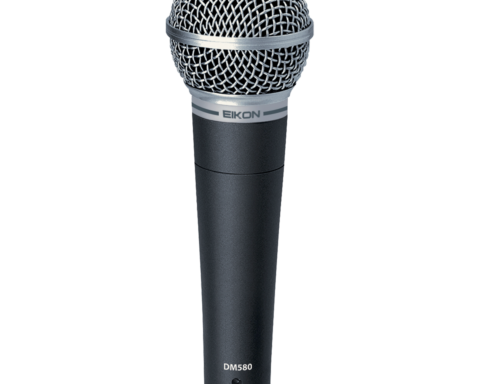Around this time of year, many singing students are asking us;
“Is there anything I can do about my allergies? They hurt, and I can’t sing”
———————————————————————————————

Spring and Summer in the UK is such a beautiful time of year, but unfortunately for many of us, it also ques the start of what can become debilitating allergies. As a sufferer myself, I have shared below what has become my own defence routine when it comes to pollen allergies.
!!! DISCLAIMER: WE ARE NOT DOCTORS AND THIS IS NOT AUTHORISED MEDICAL ADVISE. IT IS ALWAYS ADVISED TO SEE A SPECIALIST !!!
What can I do about Hay fever and Allergies?
BUILD UP YOUR HAY FEVER DEFENCE ROUTINE
Common allergens include pollen, dust mites, certain foods, animal fur, and insect stings. Hay fever is caused by an allergic response to a substance the body identifies as harmful (allergen). Pollen is a fine powder from plants. It doesn’t mean to, but it can cause havoc with our immune systems and can be disastrous for singers in the summer! I have suffered on and off for years and I am sharing some things that have helped to relieve my symptoms in the high pollen season. Without this routine, I would have to cancel gigs and miss so many functions because my immune system is annoyingly going into over drive over a harmless powder from a plant (grrrrrrrrr)……
1. FIND THE RIGHT ANTIHISTAMINE FOR YOU
There are different antihistamine brands and variations on the market. Cetirizine, Loratadine, diphenhydramine are some on offer in the UK. Not all types will help you so it is important to find the right one for you. There are also combinations available. These are commonly taken once a day. Some people have experienced positive effects by starting to take their antihistamine’s earlier in the year.
2. Nasal spray
When it comes to hay fever, we are needing to look at all entry points to our body for pollen. So we are thinking; nose, eyes, mouth.. There are many over the counter antihistamine nasal sprays available that can be used in conjunction with the tablets and drops (always check with your doctor on combinations). Those with extreme cases can also speak to their doctor about steroid versions of medication.
*Residue spray will likely end up in our throat and can effect singing and our swallowing so keep an eye on this aspect – to see how your body reacts
3. Barrier balm
This is part of my allergy routine. It comes in a little pot and you wipe some around your nostrils. It feels quite similar to Vaseline, and helps to block pollen from entering the nose. The one I use: LINK
4. Eye drops
Itchy and running eyes are another very common symptom of allergies. This can lead to allergic conjunctivitis.. and a potential, horrible cycle.
One year (I think 2017), I had such bad hay fever that I ended up with rashes ON MY EYES. It was awful, and anyone who suffers with allergies has my absolute sympathy.
As previously mentioned, we are considering mouth, nose, eyes, skin when it comes to hay fever and there are over the counter allergy eye drops you can purchase. This can usually be combined with the nasal spray, and oral tablet to build up a hay fever ‘defence routine’.
Splashing some cold water onto the eyes can also help wash away pollen and provide some relief.
5. Drink: Nettle Tea
I learned more recently that one of nature’s most powerful antihistamines is; stinging nettle! You can watch youtube videos on how to safely pick nettles (I used chopsticks). You bag up your nettles, give them a rinse in cold water and you can place them directly into your tea pot to make nettle tea. This is a natural addition to your anti- allergy routine.
6. Eat: Local Honey
Based on immunotherapy, there is a thought that actually eating the honey that is made locally uses honey that has been made with local flowers. This will help your body get used to the pollen source and become less sensitive to it! Pollen allergies are basically your immune system going into over drive, thinking that the pollen is an attacker… so eating the honey is thought to help us become less sensitive to the source pollen.
7. Air purifier
Particularly when you are asleep in your bedroom, it can make a difference to set up a little air purifier in the corner of the room. It might not be enough on it’s own, but combined with your defence routine, it can certainly help!
8. Eye Protect
Again this might not work alone, but can certainly help with all your other measures. So when going outside when the pollen count is high – wear sunglasses and maybe a hat or head scarf. Change clothes when returning home and you can even take a shower when arriving home to wash pollen away.
9. Immunotherapy treatment
You can speak to your medical professor, about immunotherapy treatments available. There are various ‘shots’ that you can speak to your GP about in addition to the more ‘at home’ measures’ we have covered above.
10. Other Triggers
In 2008 I took a residency in Cyprus. For literally the whole year I felt like I had an annoying cold. I was constantly blowing my nose! It wasn’t until some years after that I looked back and realised the cause… it was air conditioning! I get exactly the same flair up when I am near air conditioning so now I have to manage this… and you won’t find me going to a gig with air-con on in the car. What I’m saying is, be aware of other triggers you may have – possibly diet, animal hair, dust mites etc. We can then limit exposure and take precautions.
———————————————
I really hope there is something useful here for you. As mentioned, don’t suffer in silence… head to see your GP or local pharmacy to see what might be a way forward for you. There are things you can do to help relieve hay fever and seasonal allergies meaning you can enjoy the summer months.
Written by LAURA RATCLIFFE / THE SINGERS CLUB





